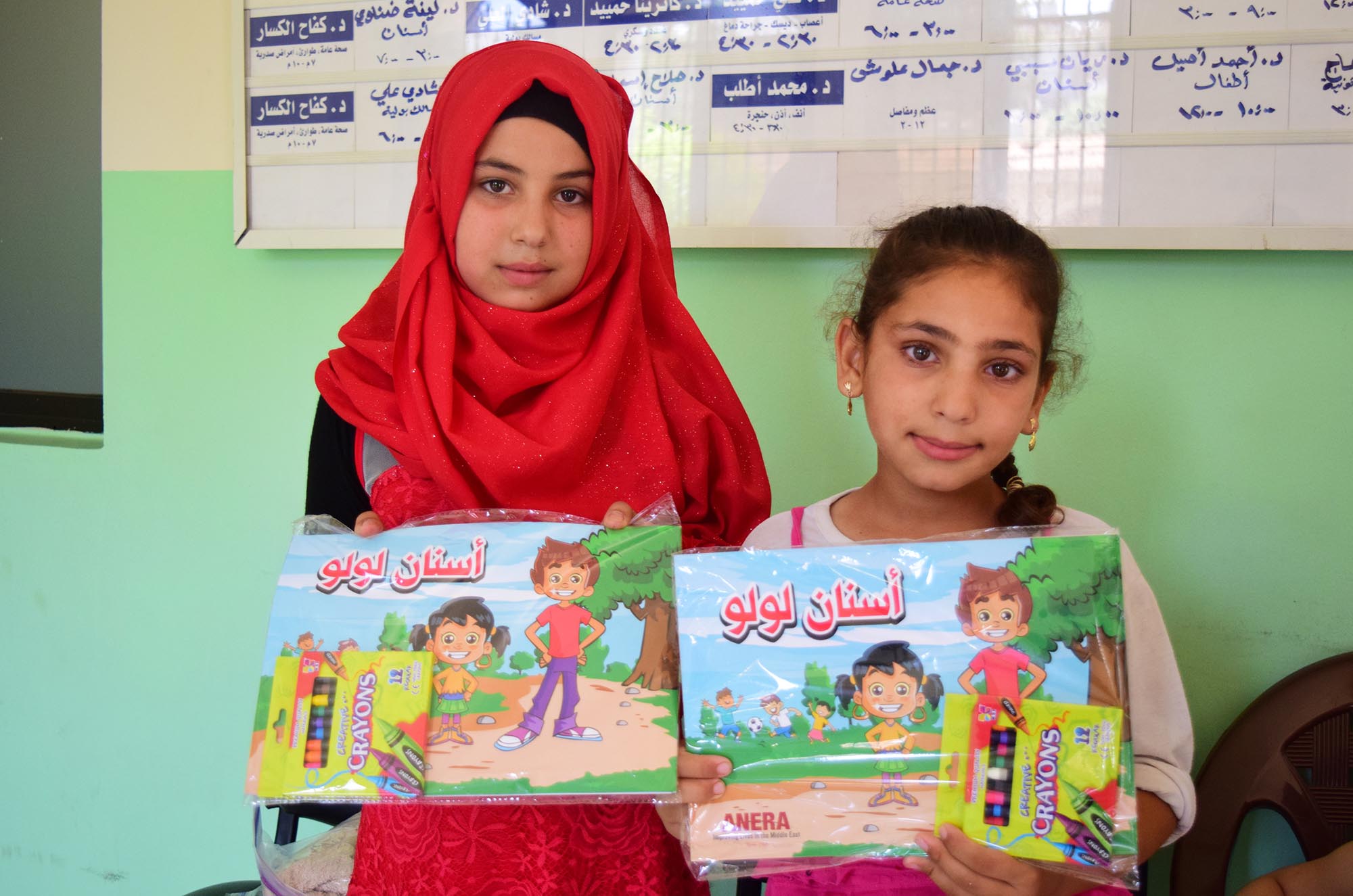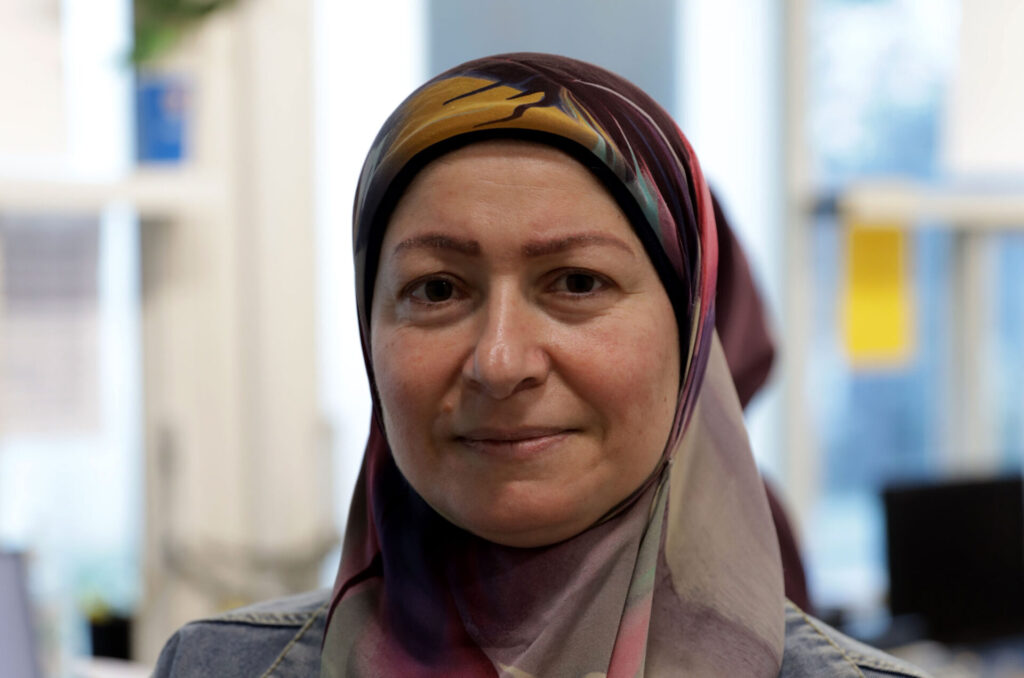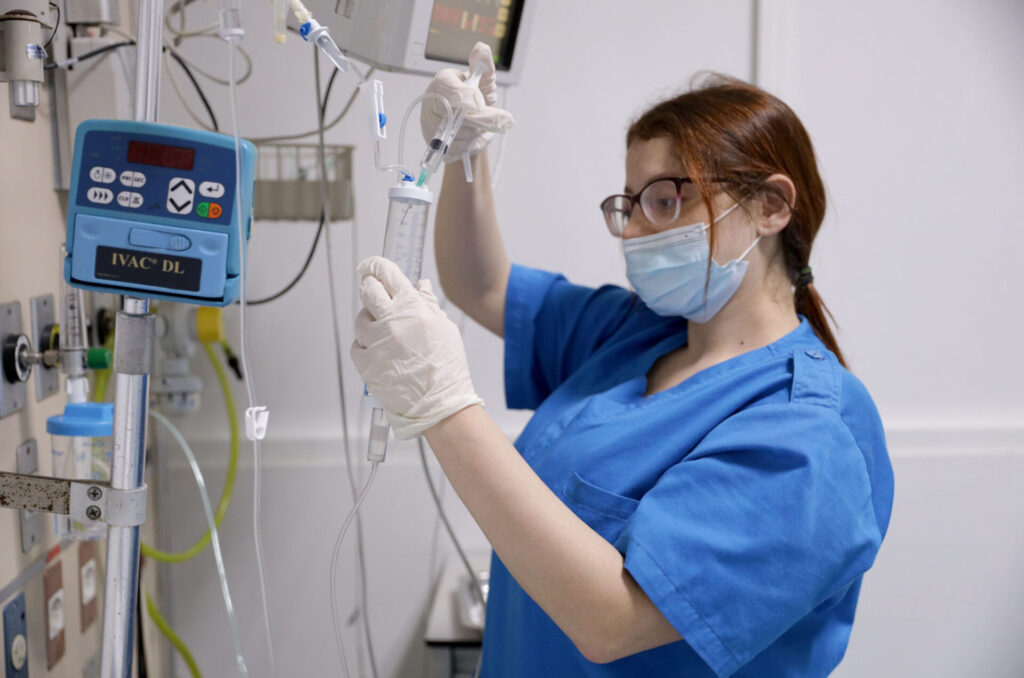Nov, 2017
“For a whole week, we slept under the trees, and it rained on us,” says Franjieh Mansour, recalling her family’s arrival to Lebanon five years ago.
When Franjieh fled Syria with her husband and ten children, their hometown of Al Qusair was under heavy bombardment and intense clashes. “All we thought about was protecting the lives of our children, so we ran away without taking anything along.”
In Lebanon, they found support from local families who helped them find shelter. “They felt sorry for us,” she explains. Now her family lives in an informal tented settlement in the village of Mhammara in Akkar, Lebanon. The settlement, locally known as Burj Al Arab 05, is made up of about 16 tents. About 100 Syrian refugees live in those 16 tents. Many, like Franjieh’s family, have no source of income. Her family relies on humanitarian assistance in order to pay for rent and food.
“My husband is 60 years old and he tried to find a job but he couldn’t,” she explains. And because they have to pay $50 each month for rent, Franjieh struggles to afford anything other than bread and other basic food items.
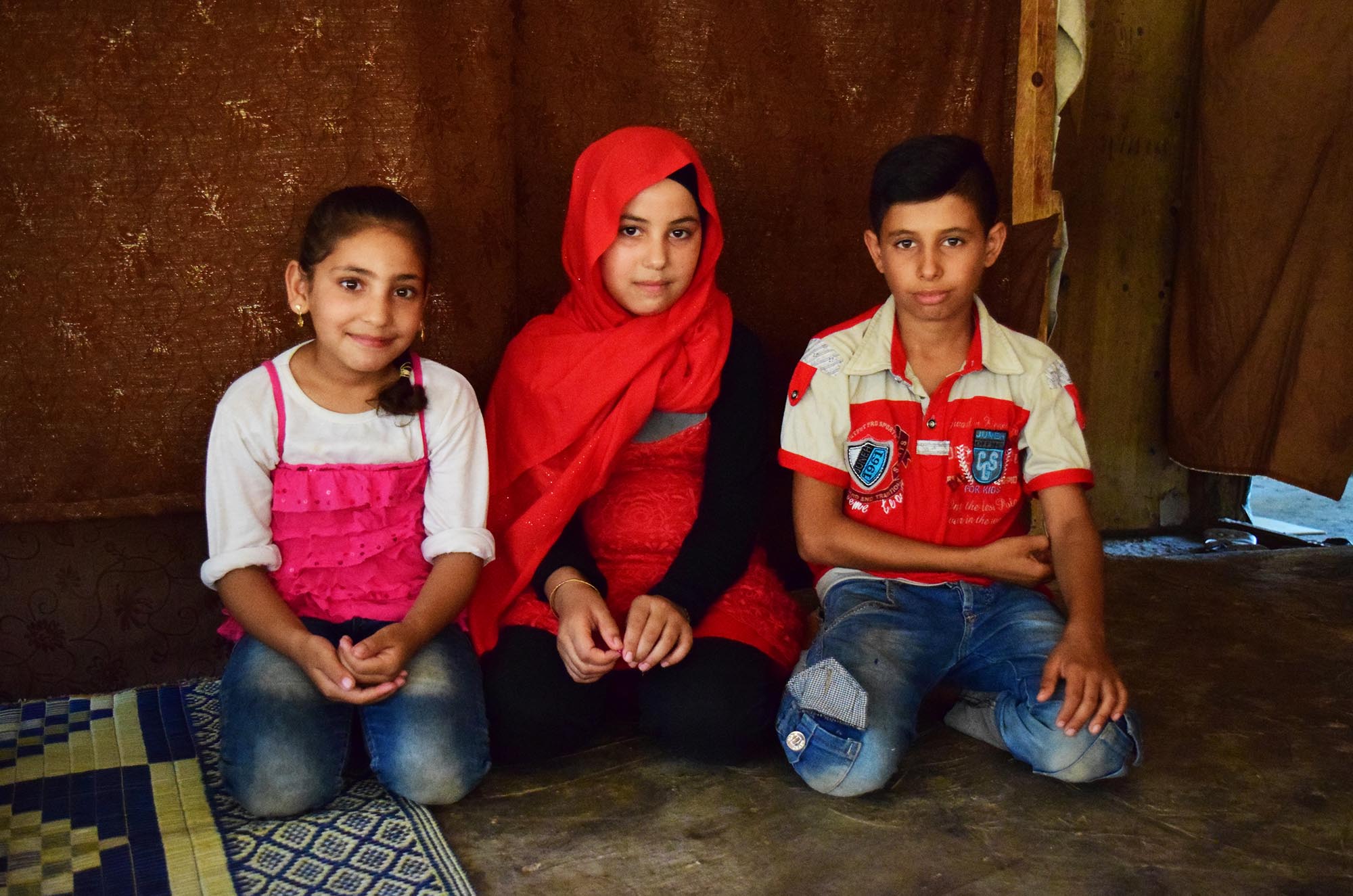

When Franjieh’s family became refugees, visiting the doctor became a luxury. They only go in times of severe need. “A few months ago, my eight-year-old Dalaa had a swollen mouth, so I had to take her to the dentist,” she says.
Because 70 percent of Syrian refugees live below the poverty line, dental care is too expensive for the majority, and access to services remains limited. As a result, Syrian refugee children in Akkar are four times less likely to seek dental health services compared to the Lebanese host community.
This fall, Anera reached out to Dalaa and other children living in the Burj Al Arab 05 settlement. They were screened for dental health problems and treated in the cases where intervention was necessary. This initiative is part of Anera’s Pearl Beads project, which is implemented in partnership with the Ajram Family Foundation and in coordination with local health care centers. Now Dalaa and her siblings have been screened, and all three required medical intervention.
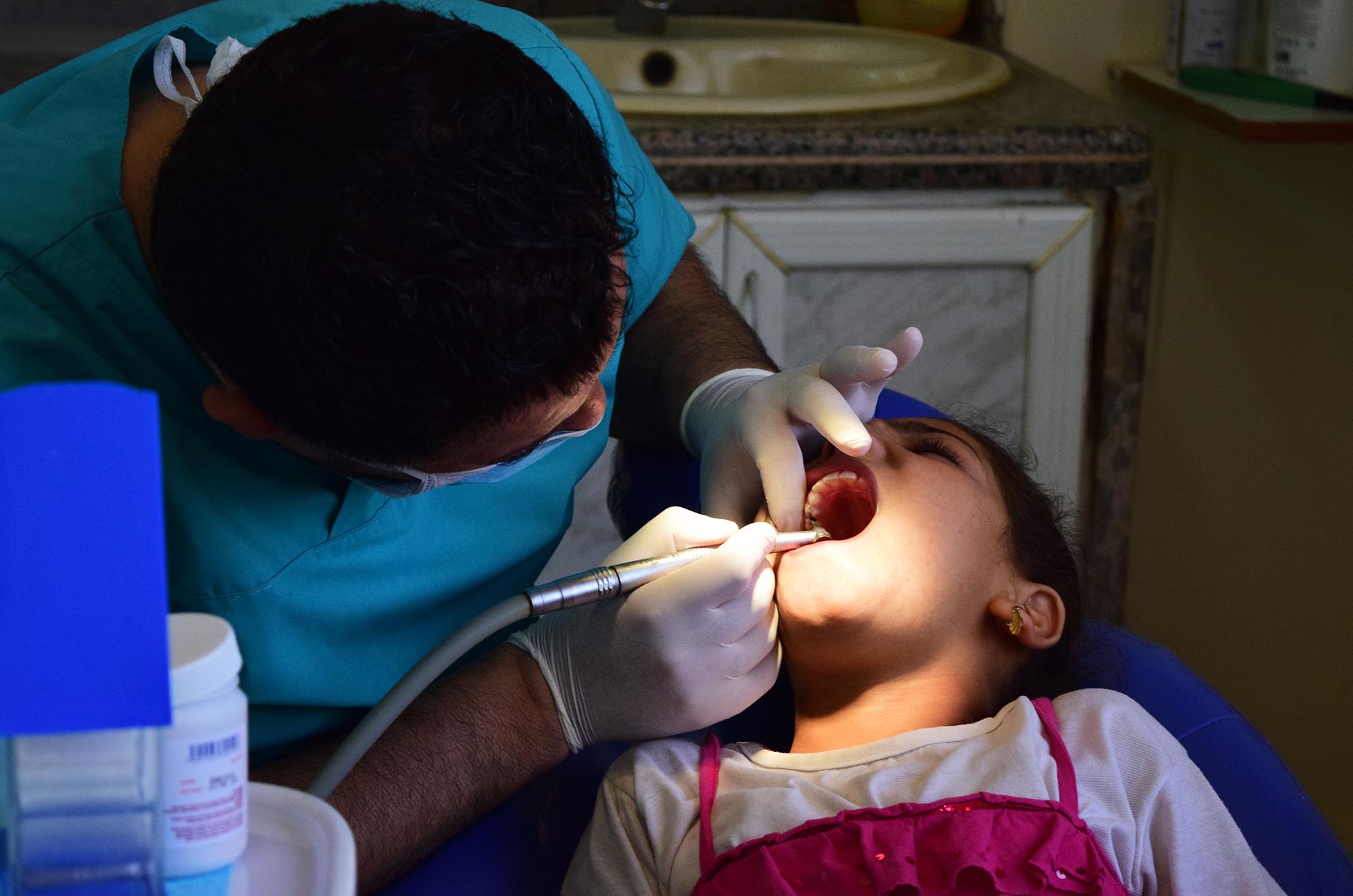

This year, 1,196 children from 41 informal tented settlements throughout Lebanon have been screened for dental health problems. Of those children, 1,105 have received vital interventions. In addition to screening and treatment, the project includes awareness activities so parents and children can maintain their basic dental health and hygiene despite their living conditions.
